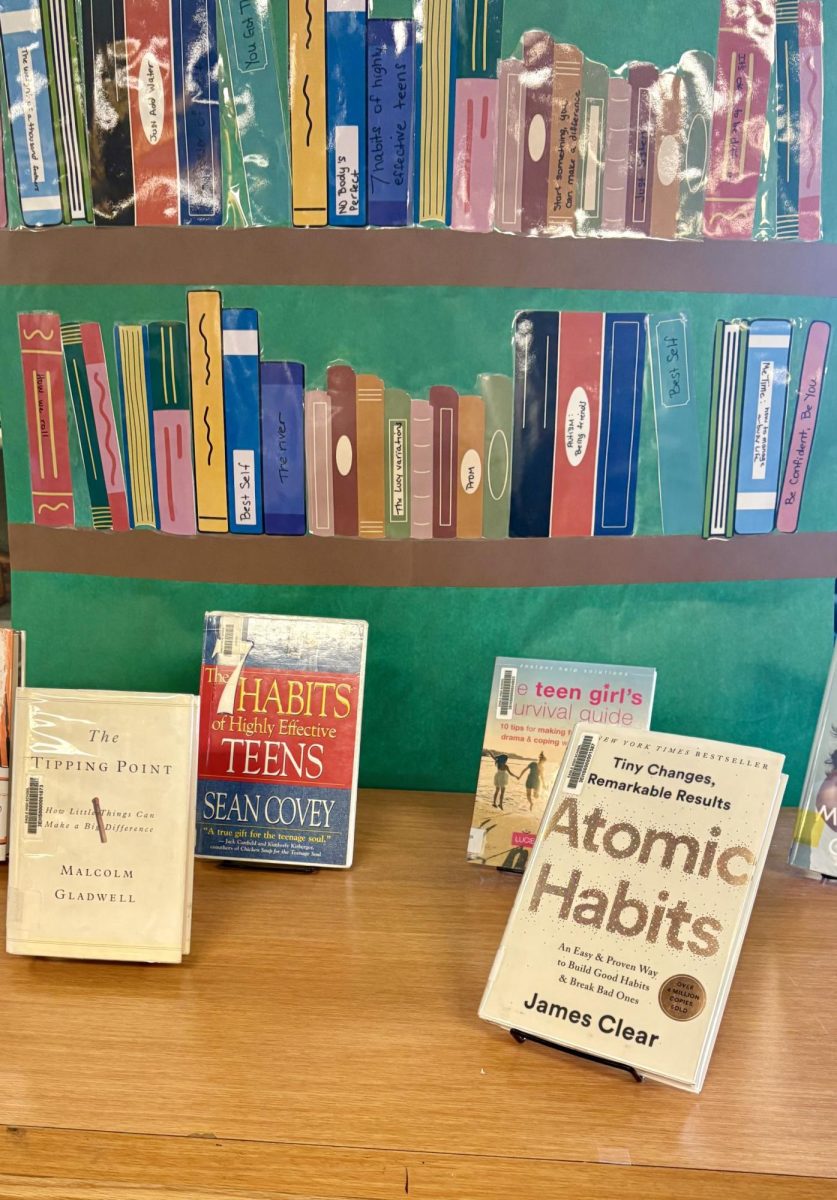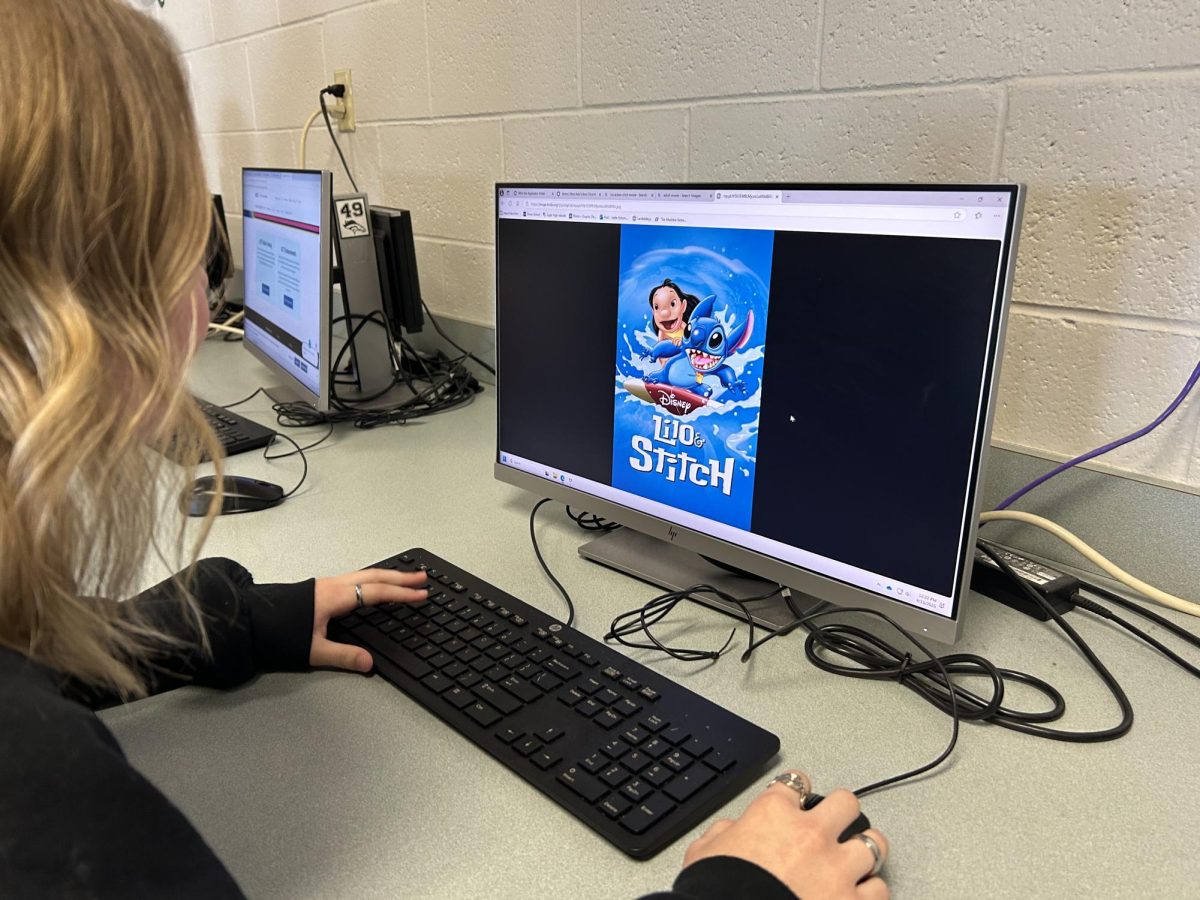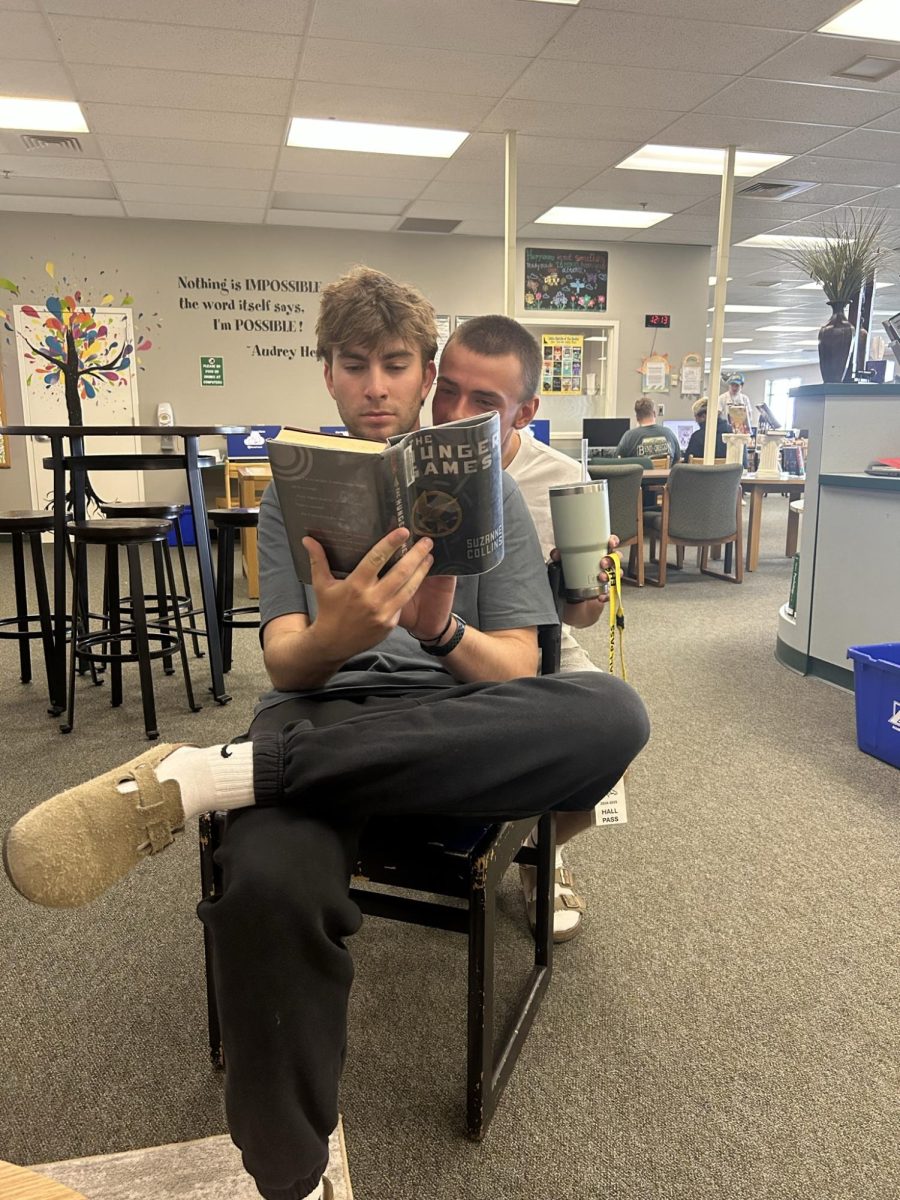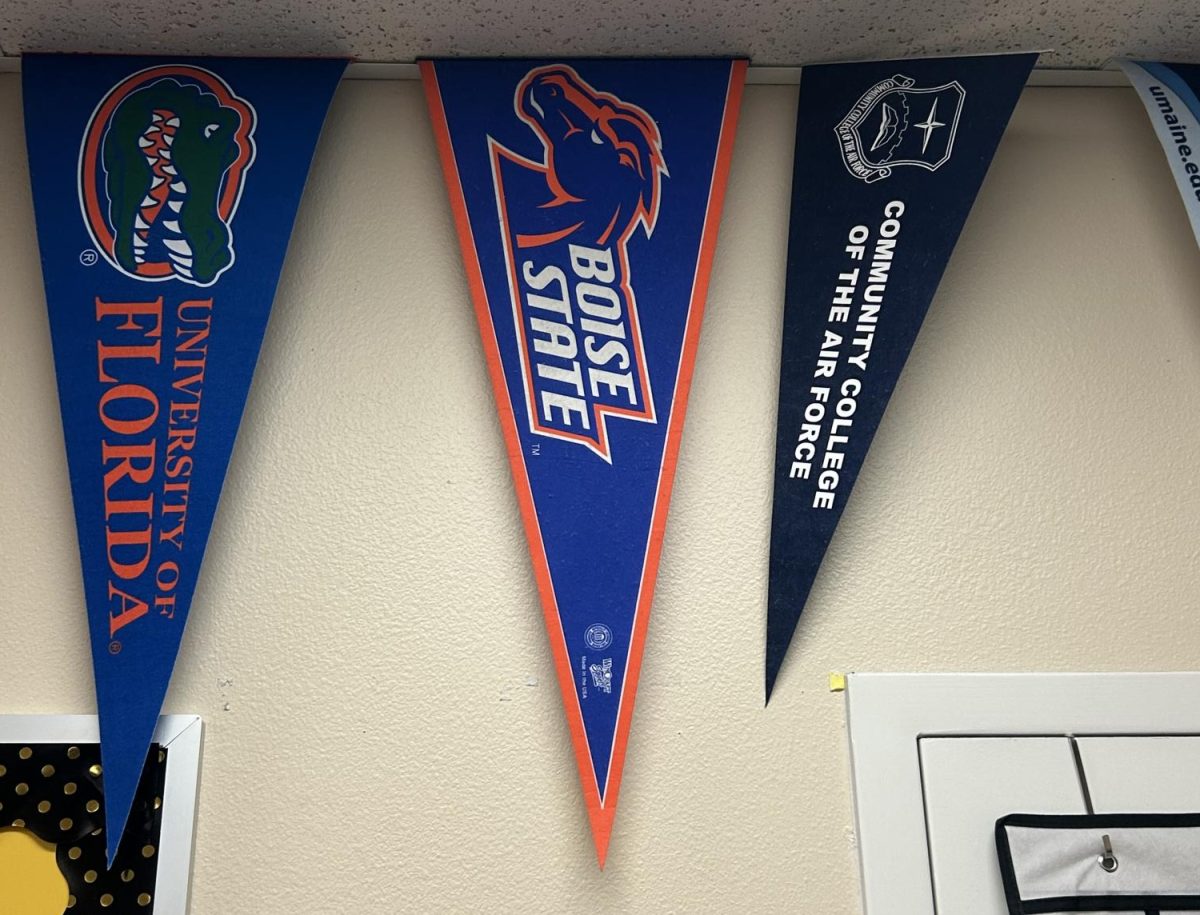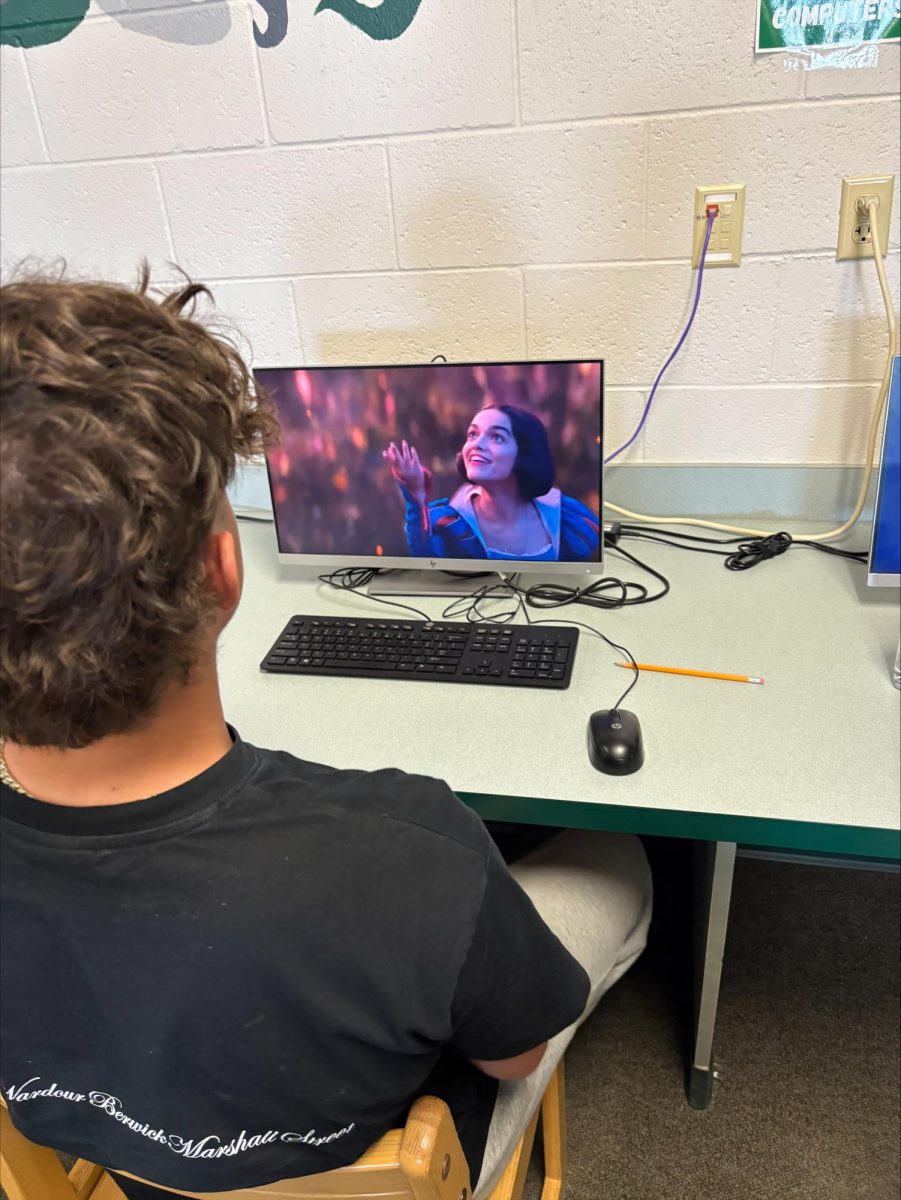Reading: the foundation of a well-rounded person
Reading is losing its grip on the upcoming generation

Reading can give everyone the ability to interpret the world around them.
Feb 1, 2023
There are many ways to escape the real world – television, movies, video games, social media – but none is more lasting and universal than reading. Humans have been reading and writing for over 5,000 years; however, it seems to be fading in popularity in this generation. This must be prevented from happening.
Children and teenagers have begun to abandon books for technology that awards instant gratification-trained minds. While improving technology is necessary and beneficial in moderation, excessive use overshadows reading. Reading books, especially from a young age, allows for increased imagination. Increased imagination is a staple of creativity and problem-solving that is necessary for professions later in life.
Additionally, increased numbers of children are becoming accustomed to instant gratification, which encourages impulsive and anger-driven behavior in situations where they may not reap the consequences of their actions immediately. On social media, for example, if people post pictures, they are instantly gratified when others like their post.
However, reading books combats that instant gratification by allowing people to concentrate on one thing for an extended period before learning the conclusion. In addition, the concentration learned from reading translates to life, school and careers.
Reading can also be beneficial for test-taking skills, especially when it comes to standardized tests like the SAT and ACT. This in turn can help students get into college and receive scholarships from prospective schools.
Any time people pick up books and read, their reading fluency improves. They unintentionally learn how to intake more information more quickly while still understanding it. This skill is vital on standardized tests, which are typically timed. If a student has to struggle through a reading passage on the SAT, they will have less time to read and answer questions accurately. Conversely, if they can read through a passage quickly and with understanding, they will more easily be able to answer questions correctly.
Finally, reading improves memory.
According to irisreading.com, reading actively exercises one’s brain, “increasing mental stimulation and allowing new neurons to be produced in the brain.” This is like giving the brain a mental workout, keeping its muscles strong so it can function properly.
Some students at Eagle High still read and strongly believe it is essential.
“I like reading because I not only enjoy it, but I feel that I learn a lot from it,” said senior Hannah Pease. “I’m that person that learns from other people’s experiences, so I fell that through those stories I can apply them to my own life.
On top of every other benefit of reading, it is fun. It allows people to walk in the shoes of others, learning about art, history and how different people think.
“I feel that I’m way more observant and appreciative of the world around me just because of reading,” Pease said.
Reading allows people to sit down in comfort, open a book and enter an entirely new world, all without leaving the walls of their home.
















